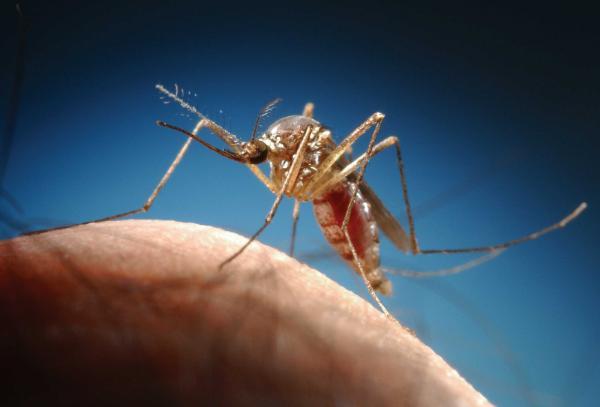About the BEACONS Working Group
Project Overview

The eastern treehole mosquito can often be found in water-holding cavaties of live oak, huckberry, and other types of trees. | UF/IFAS Photo
We bring leadership in the mosquito control communities together to identify priority areas for invasive species in research and Extension. Stakeholder meetings and surveys are used to identify gaps in surveillance and knowledge.
This critical information is used to develop targeted sampling regimes (i.e., utilizing trap types and sampling approaches that bias towards the target organism/s), diversified surveillance strategies (employing various methodologies to maximize effectiveness), and training modules.
Workshops and virtual training opportunities will support the development of IPM professionals - providing representatives from each participating State with the tools required to improve the efficiency of information transfer within our network.
Our dashboard provides a forum for real time pest/disease/biocontrol monitoring and IPM decision support that will improve decision support capacity through data transparency, accessibility, and interactivity.
Objectives

Figure 1 - coronator whole body
- Identify IPM research and Extension priority areas through stakeholder meetings.
- Describe the capacity for invasive species surveillance by surveying stakeholders.
- Improve knowledge transfer through stakeholder engagement.
Through these objectives we will:
- increase awareness of invasive mosquito issues
- enhance surveillance and control capacity in the Southern Region
- build strong multi-state and county collaborations
- provide a forum for real time pest/disease/biocontrol monitoring
- promote sustainable IPM infrastructure
Funding
Our working group is funded by the Southern Integrated Pest Management Center (Project S21-002) as part of USDA National Institute of Food and Agriculture Crop Protection and Pest Management Regional Coordination Program (Agreement No. 2018-70006-28884).



